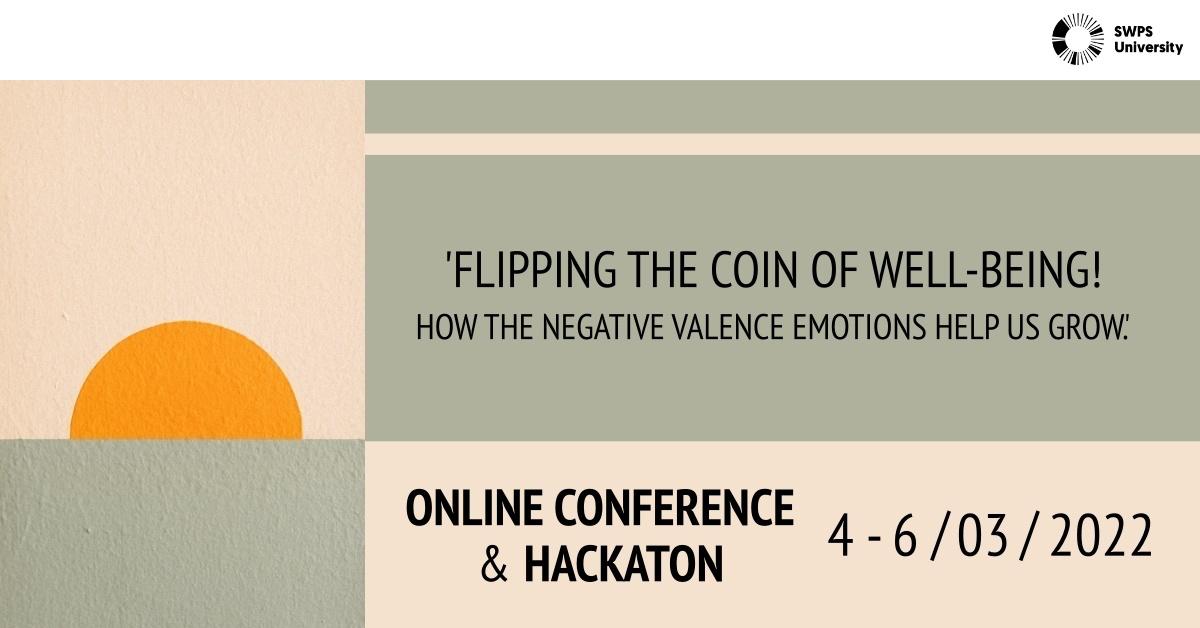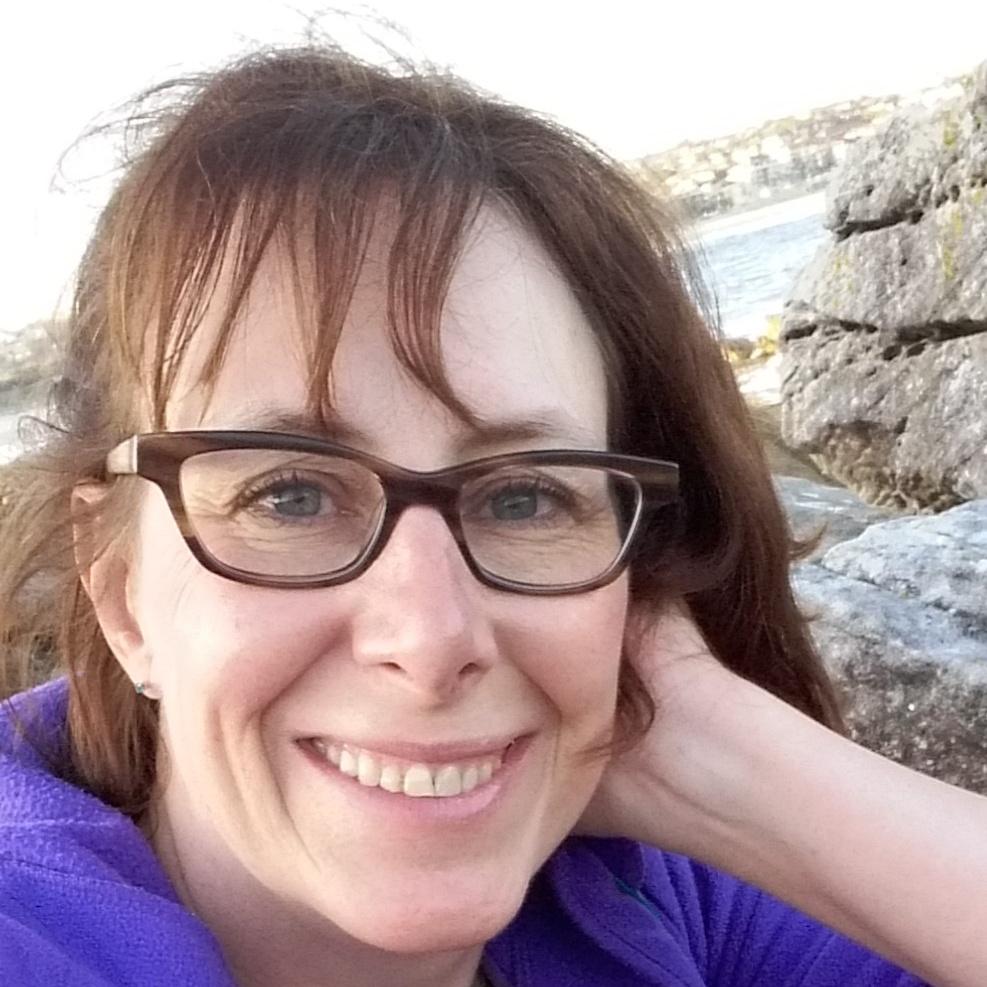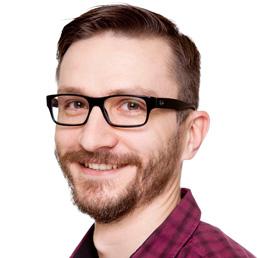About the conference
As humans, we experience different emotions every day, and they, undoubtedly, are a part of our human nature. Emotions carry a huge information load, which helps us determine what we are facing at a given moment, what is important, difficult, and pleasant for us, and how we should react in a given situation. On the other hand, emotions also convey information for the people around us, because they are reflected in our faces.
Understanding our emotions allows us better define our goals, express what we want (or what we do not want!), and it also helps us to better regulate our own behaviors. Another important aspect of one’s emotional consciousness is its significance in the process of developing interpersonal relations. Understanding one’s emotions makes it easier to express and name one’s feelings more precisely, which helps us to avoid unnecessary conflicts. Furthermore, being aware of one’s emotions is conducive to better conflict resolution, and improved coping with difficult emotions in relationships and individual experience.
Social norms popular in the western culture tend to promote positive emotions in one’s experience, while they present negative emotions as undesirable. However, research shows (Bastian, Kuppens, De Roover and Diener, 2014), that as the pressure to experience positive emotions is growing, it is much harder for people experiencing negative emotions to cope with their feelings.
During the conference we will discuss how negative emotions may be helpful in strengthening one’s wellbeing. We will ask questions concerning conscious experiencing of negative emotions, and promoting their role in mental health management. We will also try to define how one should experience negative emotions, how to share them with the loved ones, and allow oneself to fully experience negative feelings.

Conference Registration Form
Hackathon
TAKE PART IN OUR HACKATHON!
If you are an undergraduate, graduate or doctoral student, and you would like to apply your knowledge in applications improving the quality of life, this is an ideal opportunity to put your ideas into practice. Register for our hackathon! You can apply with your friends (as a team) or individually, in which case we will assign you to a team.
The goal of the hackathon is to encourage students to develop psychological interventions such as mobile apps, games or anything you can think of to promote the positive role of negative valence emotions in everyday life. The hackathon will provide you with an opportunity to present your own ideas, apply research results in actual applications, and promote your research implementation projects.
The hackathon will be held on Gather, an online platform, which provides space not only for working on team projects, but also for having fun.
Apply in four easy steps:
- Gather a team or apply individually
- Prepare a short presentation. Introducing your team and tell us why you want to participate in this hackathon. The format is up to you, e.g. a photo, a presentation, a short video. Presentation requirements:
- acceptable formats: csv, doc, docx, epub, gif, jpg, jpeg, mpg, mpeg, mp3, odt, odp, ods, pdf, png, ppt, pptx, tif, tiff, wav
- maximum file size: 6 MB
- Register – follow the link to the registration form below
- Receive a confirmation email
Hackathon Registration Form »
Important Dates:
March 3, 2022 – active participation and hackathon registration
Program
This is a general summary of the program. The schedule allows for 15-minute buffers between the presentations:
FRIDAY, MARCH 4, 2022
-
18:00-18:30 Conference opening
-
18:30–19:30 Emotions expressed by mimicry and evolutionary changes in perception of mimicry in a social context
Professor Michał Olszanowski
-
19:45–20:45 The impact of trauma and stress on socio-emotional child development
Aleksandra Kozera, M.A.
-
20:45 Day one closing statements
SATURDAY, MARCH 5, 2022
-
9:00–10:15 Why we need a different approach to promoting mental health
Professor Brock Bastian
-
10:30–11:30 Motivational aspects of emotions and positive effects of experiencing pain
Cindy Harmon Jones, Ph.D.
-
11:45–12:45 “The wound is the place where the Light enters you [Rumi]”. How mindfulness and compassion may help to transform human suffering.
Paweł Holas, M.D., Ph.D.
-
12:45–14:00 BREAK
-
14:00 START OF THE HACKATHON
Register for the Hackathon (opens soon)
-
14:15–15:15 From a need to a product: how to pitch a business idea to gain the ear of the listener(s)
Wojciech Wodo, Ph.D.
SUNDAY, MARCH 6, 2022
-
11:00 Project submission
-
11:00-12:00 Selection of the best projects
-
12:00–14:30 Presentation of the projects
-
15:00-17:00 Conclusion of the hackathon and announcement of winners
Keynote Speakers

Brock Bastian
Professor
is a Professor and Dame Kate Campbell Fellow in the School of Psychological Sciences at the University of Melbourne and director of the Ethics & Wellbeing Research Hub. He completed in his Ph.D. in 2007 and since then has published more than 100 peer-reviewed journal articles and book chapters. His work has been featured in outlets such as The Economist, The New Yorker, TIME, New Scientist, Scientific American, Harvard Business Review, among others. His innovative approach to research has been acknowledged with the Wegner Theoretical Innovation Prize, and his contribution to psychology has been recognized by the Australian Psychological Society and Society of Australasian Social Psychologists early career researcher awards. Brock is not only passionate about building scientific knowledge, but also about communicating that knowledge. He has written for popular press outlets, such as The Conversation; delivered popular talks, such as at TEDx StKilda, The Ethics Centre Sydney, and Effective Altruism Australia; and appeared on radio shows such as The Minefield. His first book, The Other Side of Happiness, was published in January 2018. More information at
brockbastian.com

Cindy Harmon-Jones
Ph.D.
is a Lecturer in Psychology at the University of New South Wales in Sydney, Australia. She received her Ph.D. in Social Psychology from Texas A&M University in 2012. Her research centers around emotions and their associated motivations, with a focus on discrete emotions, including anger, sadness, disgust, determination, and the affective responses to cognitive dissonance and physical pain. Along with her co-authors, she developed an action-based model of dissonance, which is a new conception of the adaptive motivational underpinnings of cognitive dissonance processes.

Michał Olszanowski
Ph.D. / Associate Professor
is a psychologist. He researchers the phenomenon of mimicry, including emotional mimicry, and its role in interpersonal communication and social judgments. He is interested in what kind of information people are searching for when they are looking at faces of others and how true the judgements they form, based on this information, are. He also studies false memories and the influence of emotions on memory.
Full bio

Wojciech Wodo
Ph.D.
is an Assistant Professor at the Department of Fundamentals of Computer Science at the Wrocław University of Science and Technology and an Associate Professor at the Centre for Foreign Languages, Humanities and Social Sciences of the Wrocław University of Environmental and Life Sciences. He obtained his doctorate in computer and information sciences from the Institute of Computer Science Polish Academy of Sciences (PAN) in Warsaw (2019). His research interests include computer security, in particular biometry, electronic identity, and cybersecurity in digital banking. He is also interested in innovation management, entrepreneurship, public-private partnerships, and high tech. Dr. Wodo is also an owner of a consulting firm, 360 Degrees, which specializes in business consulting and obtaining R&D funds for SMEs.

Aleksandra Kozera
M.A.
holds diplomas from Harvard Graduate School of Education (HGSE), Cass Business School London, and National University of Singapore. Since 2010 she has been specializing in educational consulting, entrepreneurship within the field of education and business development. She has gained valuable experience at the Illuminate Consulting Group, a strategic consulting firm working with top universities in Canada, Australia and the United States. She also worked in consulting firms specializing in public investment in London, i.e. Social Finance. Currently, she is a CEO of The Village, a marketplace and platform providing support to entrepreneurs who wish to start a childcare program.

Paweł Holas
M.D., Ph.D.
is a clinician, educator and researcher. He is also a Cognitive-Behavior (CBT) therapist and supervisor, and a mindfulness teacher (MBCT/MBSR/MSC), specializing in psychiatry and sexology. Paweł Holas is Associate Professor and the Head of the Clinical Neuropsychology & Psychotherapy Department at the Faculty of Psychology of the University of Warsaw, and the Head of the e-MPAT Lab (e-Mindfulness, Psychotherapy and Technology Lab). He is also a Director of SWPS University’s graduate certificate program: Mindfulness and Compassion. Fundaments, Research and Psychotherapy, and a Director of the Mindfulness-Based Cognitive Therapy (MBCT) teacher training program, organized by the Mindfulness Development Foundation in collaboration with the University of Oxford Mindfulness Center (OMC).
Organizer
The event has been organized under the auspieces of the Dean of the Faculty of Psychology in Warsaw, and:
Sponsor
Partners